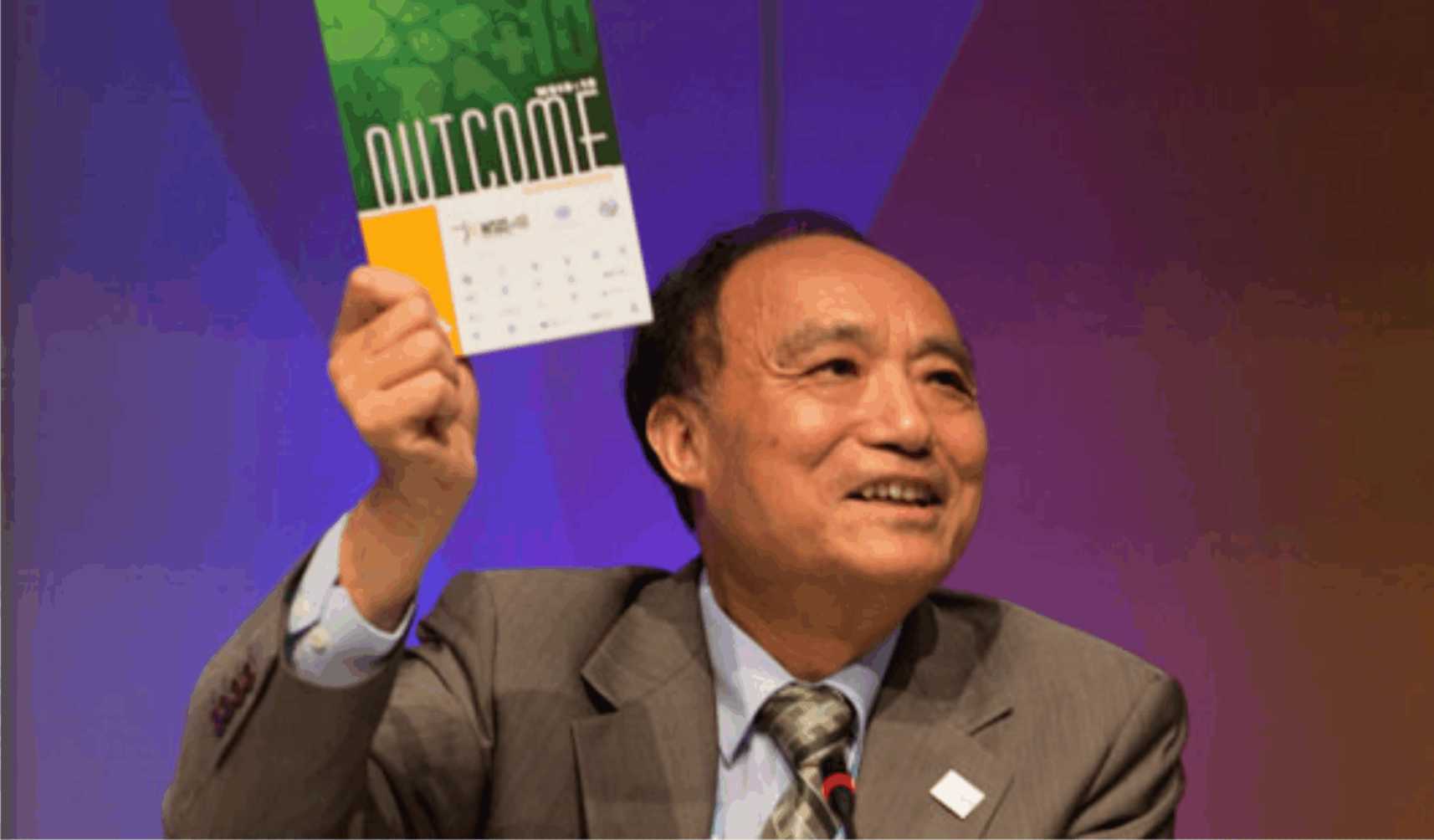Ten years ago, the second phase of the World Summit on the Information Society (WSIS) process was finalised in Tunis. This innovative meeting gathered governments, private sector, civil society and international organisations to agree a global blueprint for equitable access and on-going development of information and communication technologies (ICTs). These principles have since shaped global efforts to harness technology to drive development and foster global innovation.
For many of us, ICTs are an essential part of our lives. Yet around the world, there are millions of people who do not have access to these transformative technologies. This represents one of the major issues in today’s society as ICTs are a catalyst and enabler in development; they support capacity building efforts in areas as diverse as health, gender equality and sustainable farming, and the positive socio-economic impact of ICTs towards development is well established, notably by the Partnership on Measuring ICT for Development initiative. Therefore providing equitable and affordable access to ICTs, particularly in the developing world and to marginalized communities, are essential if we are to achieve a truly inclusive digital economy.
WSIS, ITU’s global conference on the Information Society, was founded on this idea, with the aim “to promote the use of ICT-based networks, services and applications (…) to help countries overcome the digital divide.” Understanding that the creation of a truly equitable information society must include all relevant stakeholders, it represented a new kind of dialogue: a United Nations summit open to all. Over 18,000 participants, including over 6,200 members of civil society, gathered in Geneva in 2003, and Tunis in 2005 to finalise the key principles to harness the potential of ICTs and to build a people-centred, development-oriented and inclusive Information Society.
Within this open and inclusive framework, a Plan of Action set out a roadmap to catalyse ICTs for development, agreeing on a series of internationally agreed goals and targets to improve connectivity and access in the use of ICTs. This would be monitored and achieved through 11 Action Lines, including capacity building and ICT applications such as e-governance, e-health and e-agriculture.
In the decade since, governments, private sector, civil society and international organisations continue to share best practices and create collaborative partnerships under the WSIS umbrella: more than 2,500 projects have been launched to meet the objectives set out by the multi-stakeholder gatherings in Geneva and Tunis. As ICTs continue to evolve and shape the world around us, we must remain focused in our work to bridge the digital divide, working to define and achieve a fresh set of priorities for an ICT-powered sustainable future. This is especially true as we move towards the post-2015 era, as ICTs are a key component to achieving the Sustainable Development Goals, both as a means of implementation and a platform to integrate all three pillars of sustainable development.
But we can only achieve the full potential of ICTs through continued collaboration. ITU’s 150th anniversary, which is celebrated this year, is a testimony to the power of multi-stakeholder partnerships, sharing of best practices and collaborative partnerships. We must continue to reproduce this environment as we move forward with the WSIS process, to enable this global platform to prioritise ICTs for development and bring access to these transformational technologies around the world.
The WSIS Forum 2015 will be held in ITU and WIPO Headquarters in Geneva, Switzerland from 25-29 May. If you would like to attend, please click here to register.
By Houlin Zhao, Secretary-General, ITU

